Vegan Globetrotter is supported by our audience. When you purchase through one of our links, we may earn a small affiliate commission. As an Amazon Associate I earn from qualifying purchases. Your cost is not affected.
==================
Beans for vegans and vegetarians are such a dependable go-to, aren’t they? They’re packed with protein, fiber, and all kinds of nutrients that keep us feeling good and fueled. I love how they manage to be both hearty and humble—quietly bringing so much nutrition to the table without making a fuss. They’re not flashy, but there’s something comforting about knowing they’re always there to round out a meal and keep things balanced.
Beans: A Vegan and Vegetarian’s Superfood – 12 Health Benefits
I really appreciate beans. They’re such a valuable food source, especially for those of us who follow a plant-based diet. They’re a great source of protein and fiber, and they’re surprisingly versatile. I always try to incorporate them into my meals.

Key Takeaways
- Rich in Nutrients: Beans are packed with protein, fiber, vitamins, and minerals, making them a nutritional powerhouse for plant-based diets.
- Heart Healthy: Beans can lower cholesterol, regulate blood pressure, and improve overall heart health due to their fiber, potassium, and magnesium content.
- Digestive Support: High in fiber, beans promote healthy digestion by improving gut motility and feeding beneficial gut bacteria.
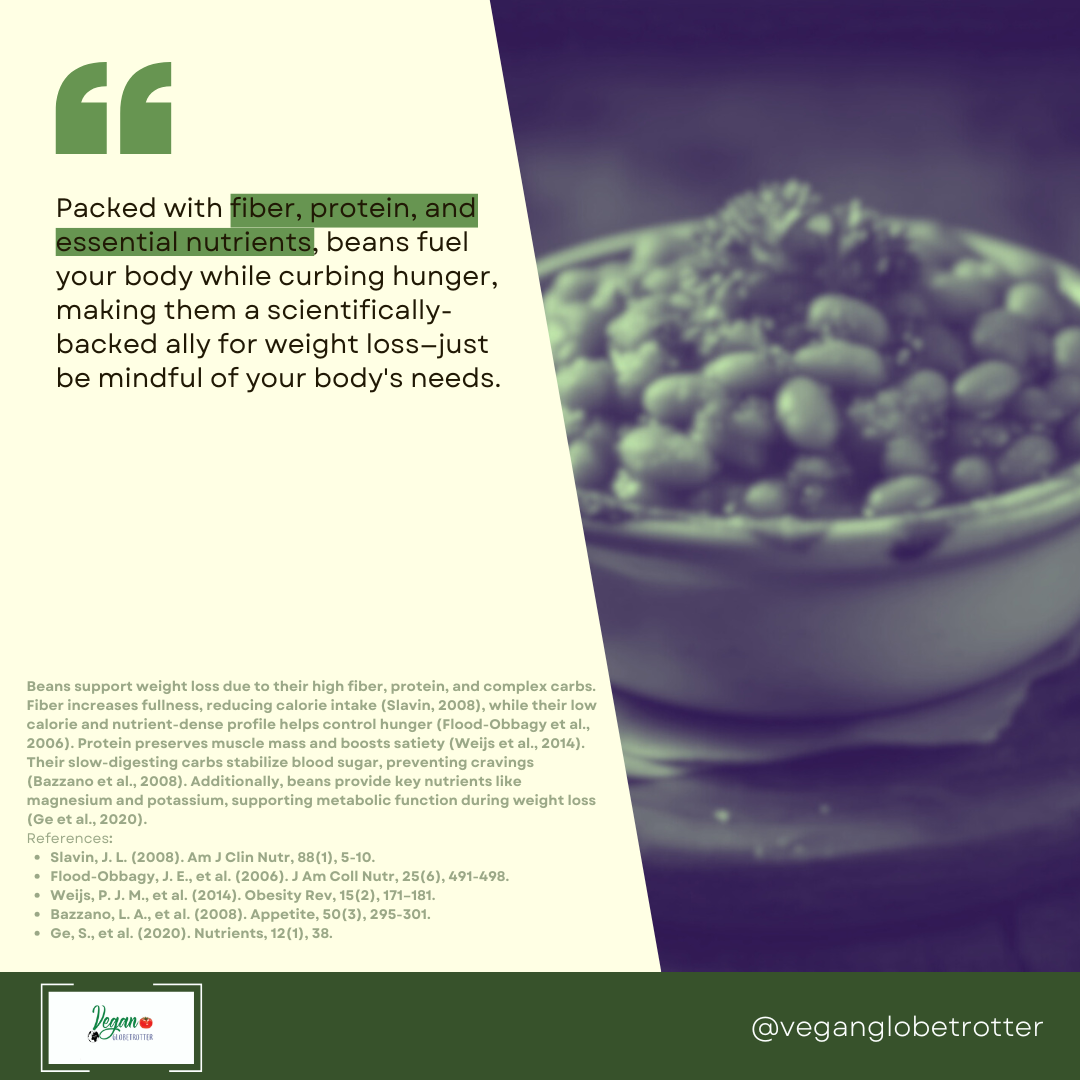
Bean Power: 12 Health Benefits for Plant-Based Eaters
Beans offer amazing health benefits for people who don’t eat meat. They give us protein, fiber, vitamins, and minerals. I’m excited to share 12 ways beans can boost your health. Whether you like black beans, chickpeas, or lentils, you’ll find lots of reasons to add more beans to your meals.
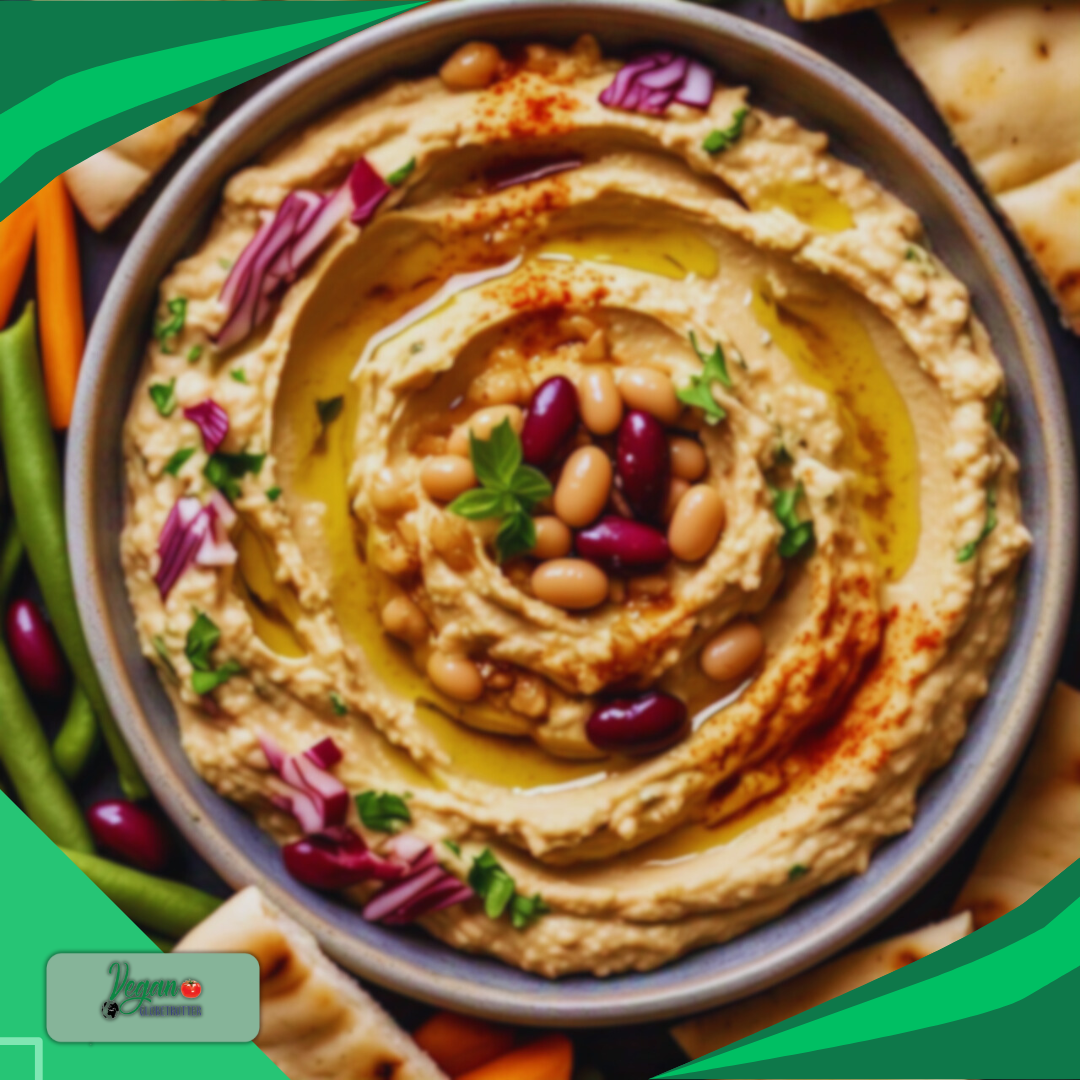
1) Rich in Protein

As a vegan or vegetarian, I’m always on the lookout for great protein sources. Beans are one of my favorites! They’re packed with plant-based protein that’s easy for my body to use.
I love how versatile beans are. Whether I’m making a hearty chili or a simple salad, I can count on beans to give me the protein boost I need.
Different types of beans offer varying amounts of protein. For example, a single serving of beans can provide 7-15 grams of protein, depending on the variety. That’s comparable to the protein in meat!
Some beans are real protein powerhouses. I’m particularly fond of cannellini beans. They give me about 6.2 grams of protein in just half a cup. That’s a nice chunk of my daily protein needs.
For me, beans are a no-brainer when it comes to getting enough protein in my plant-based diet. They’re tasty, filling, and so good for me. Plus, they’re super easy to add to almost any meal.
I find that beans help me feel full and satisfied after eating. This makes it easier for me to stick to my vegan or vegetarian lifestyle without feeling like I’m missing out on anything.
2) High in Fiber

Beans are a fiber powerhouse. I love adding them to my meals because they pack a serious nutritional punch. One cup of cooked beans can provide up to 15 grams of fiber, which is more than half the daily recommended amount for most adults.
Fiber is crucial for digestive health. It helps keep things moving smoothly through my system and prevents constipation. I’ve noticed that when I eat more beans, I feel fuller for longer periods.
This fullness is great for weight management. The fiber in beans also helps regulate blood sugar levels. As a vegan, I appreciate how this steady energy keeps me going throughout the day.
Beans’ high fiber content isn’t just good for digestion. It also supports heart health by helping to lower cholesterol levels. I feel good knowing that my bean-rich diet is protecting my cardiovascular system.
Different types of beans offer varying amounts of fiber. Black beans are particularly high in fiber, making them one of my go-to choices. But I like to mix it up with kidney beans, chickpeas, and lentils too.
I’ve found that gradually increasing my bean intake helps my body adjust to the extra fiber. Drinking plenty of water alongside my bean-rich meals also helps me avoid any digestive discomfort.
3) Low Glycemic Index

Beans are a great choice for vegans and vegetarians who want to keep their blood sugar levels stable. They have a low glycemic index, which means they don’t cause quick spikes in blood sugar.
I love how beans release their energy slowly into my bloodstream. This helps me feel full and energized for hours after eating them. It’s like having a steady fuel source throughout the day!
For my vegan and vegetarian friends managing diabetes, beans can be a real lifesaver. The low glycemic index of beans helps regulate blood sugar, making them a smart choice for meals and snacks.
I’ve found that adding beans to my diet has helped me avoid those mid-afternoon energy crashes. They keep me going strong without the need for sugary pick-me-ups.
When I’m planning my meals, I try to include a variety of beans. Lentils, chickpeas, and black beans are some of my favorites. They’re not only tasty but also help me maintain steady energy levels.
If you’re following a plant-based diet, beans can be a key part of keeping your blood sugar in check. I recommend experimenting with different types to find your favorites. You might be surprised at how satisfying and beneficial they can be!
4) Packed with Antioxidants

Beans are amazing for vegans and vegetarians like me. They’re not just tasty, but they’re also full of good stuff called antioxidants. These tiny helpers fight off bad things in our bodies that can make us sick.
I love how beans are packed with antioxidants. They protect my cells from damage and might even help stop some types of cancer. It’s like having a shield inside my body!
Different beans have different amounts of these helpful substances. For example, black beans are super rich in antioxidants. I try to add them to my meals whenever I can.
When I eat beans, I’m not just getting protein. I’m also giving my body a boost to fight off illness. It’s like a two-for-one deal on health!
I find it easy to add beans to my diet. I can toss them in salads, soups, or even mash them up for dips. This way, I get all those great antioxidants without much effort.
For my vegan and vegetarian friends, beans are a great way to get these important nutrients. We might not eat meat, but we can still get lots of good stuff from plant foods like beans.
5) Source of Complex Carbohydrates

Beans are a great source of complex carbohydrates for vegans and vegetarians like me. I love how these tiny powerhouses provide steady energy throughout the day.
When I eat beans, I’m getting complex carbohydrates that are metabolized slowly. This means I have sustained energy for longer periods compared to simple sugars.
As a vegan, I find beans to be an essential part of my diet. They offer me not just protein, but also a wide range of nutrients. I appreciate that beans have a lower glycemic index than many other carb sources like white bread or pasta.
I’ve noticed that beans keep me feeling full and satisfied for hours after a meal. This is partly due to their complex carb content. The fiber in beans also helps with this effect.
For my vegan friends and me, beans are a fantastic alternative to animal-based foods. They provide us with energy, nutrients, and help us maintain a balanced diet.
I often incorporate different types of beans into my meals. Whether it’s black beans, lentils, or chickpeas, I know I’m getting a good dose of complex carbs to fuel my day.
6) Contain Essential Vitamins

Beans are a treasure trove of vitamins that I find crucial for my vegan and vegetarian diet. These little powerhouses pack a punch when it comes to essential nutrients.
I love that beans are rich in B vitamins, except for B12 and vitamin D. The B vitamins in beans help me keep my energy levels up and support my nervous system.
Folate is another vitamin I get from beans. It’s super important for cell growth and DNA formation. I’m always happy knowing I’m nourishing my body with this vital nutrient.
Some beans also contain vitamin K, which I need for proper blood clotting and bone health. It’s nice to have a plant-based source for this important vitamin.
I’ve found that beans offer small amounts of vitamin E too. This antioxidant vitamin helps protect my cells from damage.
While not as high in vitamin C as some fruits and veggies, beans still contribute to my daily intake of this immune-boosting vitamin.
By including beans in my meals, I ensure I’m getting a good mix of these essential vitamins. It’s just one more reason why I love adding them to my plant-based diet.
The Bean's Hidden Wonders
From over 40,000 varieties to their role in sustainable farming and providing complete protein, beans have fascinated humanity for millennia—proving that even the simplest seeds hold the deepest mysteries.
7) Mineral-Rich

Beans are a treasure trove of minerals that I find essential for vegan and vegetarian diets. They’re packed with nutrients that can boost our health in many ways.
I love how beans are rich in iron. This mineral is crucial for carrying oxygen in our blood. For those of us who don’t eat meat, beans can be a great way to get enough iron.
Another mineral I appreciate in beans is magnesium. It helps with muscle and nerve function. I’ve noticed that eating beans regularly can help me feel more energized.
Zinc is also found in beans. This mineral is important for our immune system and wound healing. I think it’s great that we can get zinc from plant sources like beans.
Lima beans are a rich source of molybdenum. This mineral helps our bodies process certain proteins and other substances. I find it fascinating that such a small bean can provide this important nutrient.
Potassium is another mineral I get from beans. It’s good for heart health and can help control blood pressure. I try to include different types of beans in my meals to get a variety of minerals.
Beans also contain calcium, which is great for bone health. As a vegan, I’m always looking for good plant-based calcium sources, and beans fit the bill perfectly.
8) Good for Heart Health

I love how beans can help keep my heart in top shape. They’re packed with fiber, which is great for lowering cholesterol levels. This is super important for my heart health.
Beans also contain plant-based proteins. These are much better for my heart compared to animal proteins. They help me maintain my muscle mass without the added saturated fats found in meat.
I’m always excited about the antioxidants in beans. They fight off harmful free radicals in my body. This protection extends to my heart cells, keeping them healthy and strong.
Folate is another heart-friendly nutrient I get from beans. It helps keep my homocysteine levels in check. High homocysteine can be bad news for my heart, so I’m glad beans have my back.
When I eat beans regularly, I notice they help me feel full longer. This makes it easier to maintain a healthy weight. Keeping extra pounds off is crucial for my heart health.
I find that substituting beans for red meat in my meals really helps lower my blood cholesterol. It’s a simple swap that makes a big difference for my heart.
Beans are also low in sodium and high in potassium. This combo is perfect for keeping my blood pressure in check. I feel good knowing I’m taking care of my heart with every serving of beans I eat.
9) Aid in Digestion

Beans are great for my digestion. They’re packed with fiber, which helps keep my gut happy. I find that eating beans regularly makes my bathroom visits more comfortable and consistent.
The fiber in beans acts like a broom, sweeping through my digestive tract. It cleans things out and keeps everything moving smoothly. This can help prevent constipation, which is always a relief.
I’ve noticed that beans also feed the good bacteria in my gut. These tiny helpers play a big role in my overall health. By eating beans, I’m giving them the fuel they need to thrive.
Dietary fiber promotes a healthy digestive tract. It’s not just about avoiding tummy troubles. A happy gut can boost my immune system and even improve my mood.
When I eat beans, I make sure to drink plenty of water. This helps the fiber do its job better. I also introduce beans to my diet slowly to avoid any gas or bloating.
For easier digestion, I’ve found that mung beans are a great choice. They’re gentle on my stomach and still give me lots of nutrients. I like to add them to soups or make a simple mung bean salad.
By including beans in my meals, I’m taking care of my digestive health. It’s a simple step that makes a big difference in how I feel every day.
10) Stabilize Blood Sugar

Beans are great for keeping blood sugar levels steady. I’ve found that eating beans regularly helps me avoid sudden spikes and drops in my blood sugar.
The fiber in beans slows down digestion. This means the carbs in beans are released into my bloodstream more slowly. I don’t get that quick sugar rush followed by a crash.
Beans also have a low glycemic index. This means they don’t cause big jumps in blood sugar levels after eating them. I feel more balanced throughout the day when I include beans in my meals.
For vegans and vegetarians like me, beans are extra helpful. They give us protein without the blood sugar issues that can come from eating too many simple carbs.
Research shows that vegans who eat lots of beans get more than twice the fiber of meat-eaters. All that extra fiber is great for keeping blood sugar stable.
I like to add beans to my salads, soups, and stir-fries. White beans, black beans, and chickpeas are some of my favorites. They fill me up and keep my energy steady for hours.
If you’re worried about blood sugar, try swapping out some refined grains for beans. I bet you’ll notice a difference in how you feel after meals.
11) Support Weight Management

Beans are a great ally for vegans and vegetarians looking to manage their weight. I love how these little powerhouses can help me stay full and satisfied without packing on extra pounds.
One reason beans are so good for weight control is their high fiber content. Fiber helps me feel full for longer, which means I’m less likely to snack on unhealthy foods between meals.
Beans also provide a hefty dose of protein. As a vegan, I find this especially helpful. Protein takes longer to digest, keeping me feeling satisfied and reducing my overall calorie intake throughout the day.
I’ve noticed that adding beans to my meals helps stabilize my blood sugar levels. This is thanks to their low glycemic index. Stable blood sugar means fewer cravings and less overeating.
Another great thing about beans is how versatile they are. I can easily add them to salads, soups, or stews. This variety keeps my meals interesting while supporting my weight management goals.
Beans are also low in calories but high in nutrients. This means I can eat a satisfying portion without worrying about consuming too many calories. It’s a win-win for my taste buds and my waistline!
12) Boost Energy Levels

Beans are a great way to boost energy levels. I love how they give me a steady supply of energy throughout the day. This is thanks to their complex carbohydrates.
When I eat beans, I notice I don’t get those sudden energy crashes. The carbs in beans break down slowly, giving me a constant energy release.
Kidney beans efficiently boost energy levels. They’re packed with carbohydrates that supply a steady release of glucose. This keeps me going for hours.
Beans also contain iron, which helps carry oxygen in my blood. This fights off fatigue and keeps me feeling energized.
For my vegan and vegetarian friends, beans are a powerhouse. They provide protein without the need for animal products. Protein is key for maintaining energy levels.
I find that adding beans to my meals helps me feel fuller for longer. This means I’m not reaching for sugary snacks that cause energy spikes and crashes.
Beans are also rich in B vitamins. These vitamins play a crucial role in converting food into energy. I feel the difference when I include beans in my diet regularly.
Nutritional Profile of Beans

Beans pack a powerful nutritional punch. They’re loaded with vitamins, minerals, and protein that can benefit vegans and vegetarians. Let’s take a closer look at what makes beans so good for us.
Essential Vitamins and Minerals
Beans are full of important nutrients. I’ve found they’re rich in B vitamins, selenium, potassium, and zinc. These help our bodies in many ways.
B vitamins give us energy and keep our nervous system healthy. Selenium protects our cells from damage. Potassium is great for heart health. Zinc boosts our immune system.
I love that beans also contain iron and folate. These are extra important for vegans and vegetarians. Iron helps carry oxygen in our blood. Folate is key for making new cells.
Protein Content
Beans are a top plant-based protein source. I’m always amazed at how much protein they pack. For example, a cup of cooked beans can have up to 15 grams of protein.
This makes beans perfect for vegans and vegetarians. They help us meet our daily protein needs without eating meat. Protein is vital for building and repairing our body tissues.
I’ve learned that beans have all the essential amino acids our bodies need. This means they’re a complete protein source. It’s great news for those of us who don’t eat animal products.
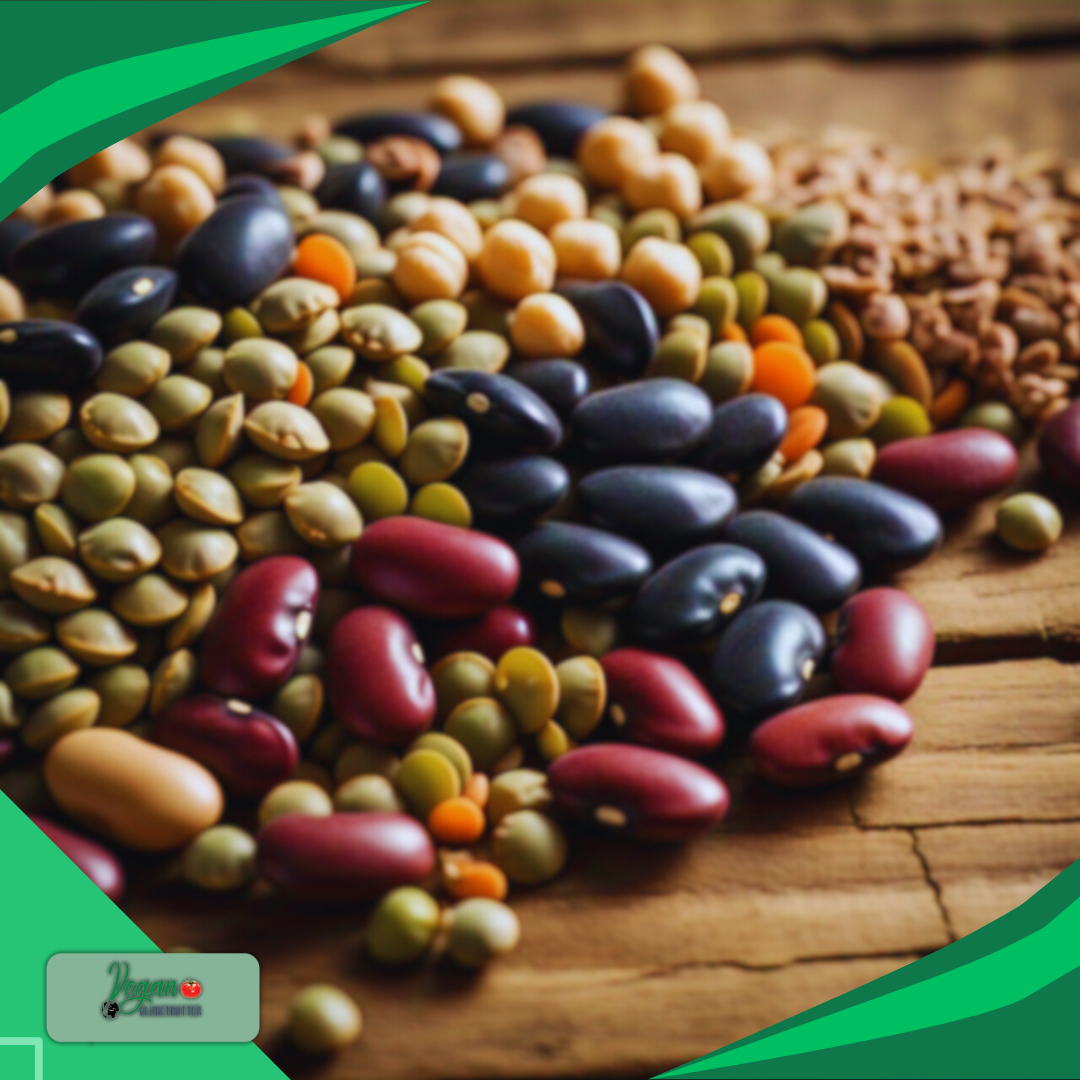
How Beans Support Heart Health

I love how beans can boost heart health. They’re packed with nutrients that help your heart in big ways. Let’s look at two key areas where beans shine.
Cholesterol Management
Beans are amazing for managing cholesterol. I find that their high fiber content is a real game-changer. When I eat beans, the fiber binds to cholesterol in my digestive system. This stops it from being absorbed into my bloodstream.
Soluble fiber in beans is especially good at lowering LDL (bad) cholesterol. I try to eat beans often to keep my heart happy. They’re a great swap for meat, which can raise cholesterol.
Beans also have plant sterols. These compounds block cholesterol absorption too. It’s like a double defense for my heart!
I’m always excited to tell people how beans help control blood pressure. They’re rich in potassium, magnesium, and calcium. These minerals work together to relax blood vessels.
When my blood vessels are relaxed, my blood pressure stays in check. Beans are also low in sodium, which is great for blood pressure. I love that beans are part of heart-healthy eating plans recommended by doctors.
The protein in beans is another plus. It helps keep my blood sugar stable. This indirectly supports healthy blood pressure. I find that adding beans to my meals keeps me full and satisfied.
Beans for Vegans and Vegetarians: A Nutritional Cornerstone
So there you have it—beans for vegans and vegetarians really are the quiet champions of a plant-based diet. From their impressive protein and fiber content to their ability to support heart health, digestion, and energy levels, they bring so much more to the table than we sometimes give them credit for. We’ve covered everything from their nutrient-packed profiles to their role in stabilizing blood sugar, aiding weight management, and keeping us fueled throughout the day.
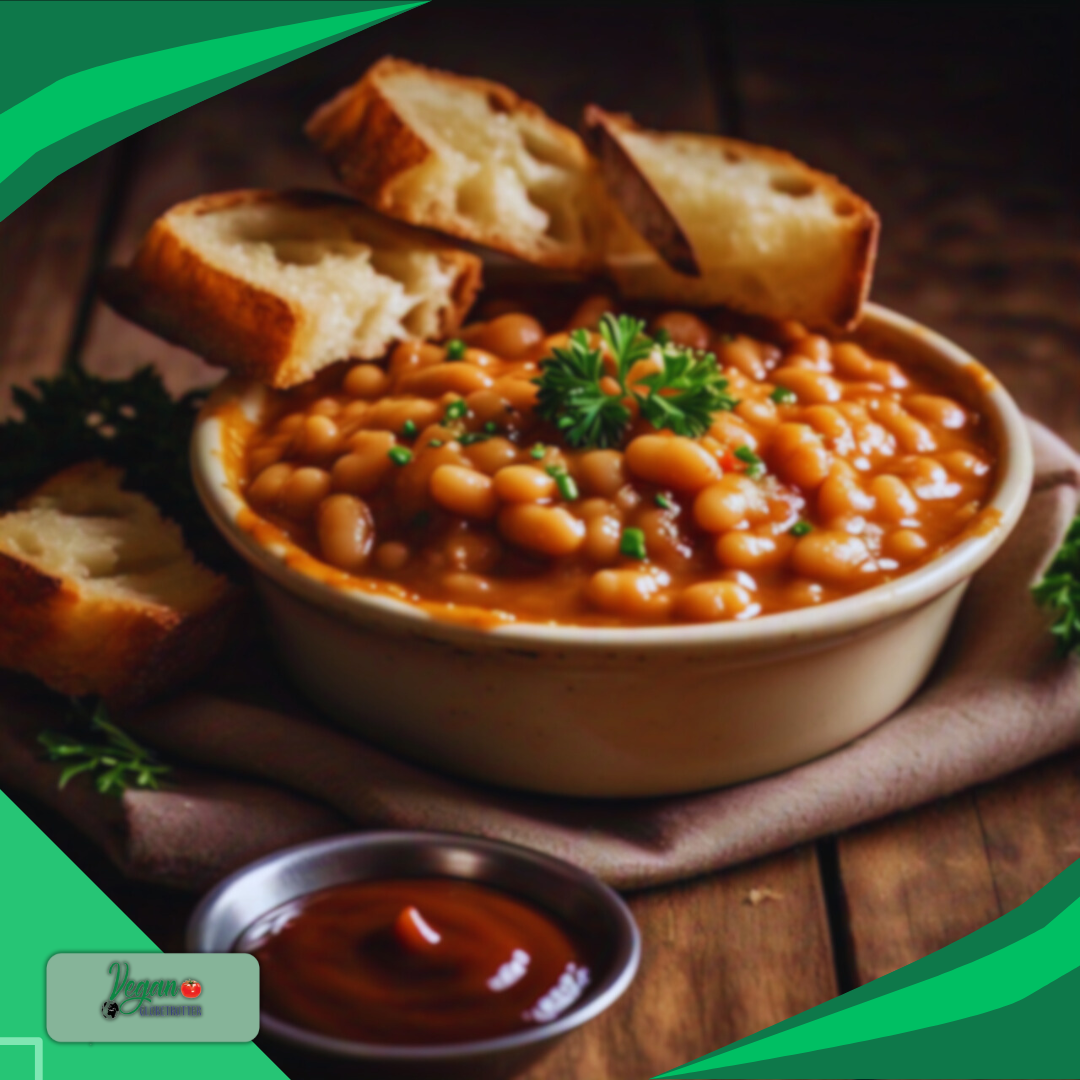
I hope this has given you a fresh perspective on how versatile and nourishing beans can be. Whether you’re tossing them into salads, stirring them into soups, or building entire meals around them, there’s no shortage of ways to enjoy these plant-powered superfoods.
If you’ve got a favorite way to cook with beans or a go-to recipe you can’t live without, I’d love to hear about it—feel free to share in the comments! Thanks so much for taking the time to read, and here’s to more delicious, bean-filled meals ahead!
Frequently Asked Questions
Beans are a powerhouse of nutrition for vegans and vegetarians. They offer protein, fiber, and many health perks. Let’s dive into some common questions about beans.
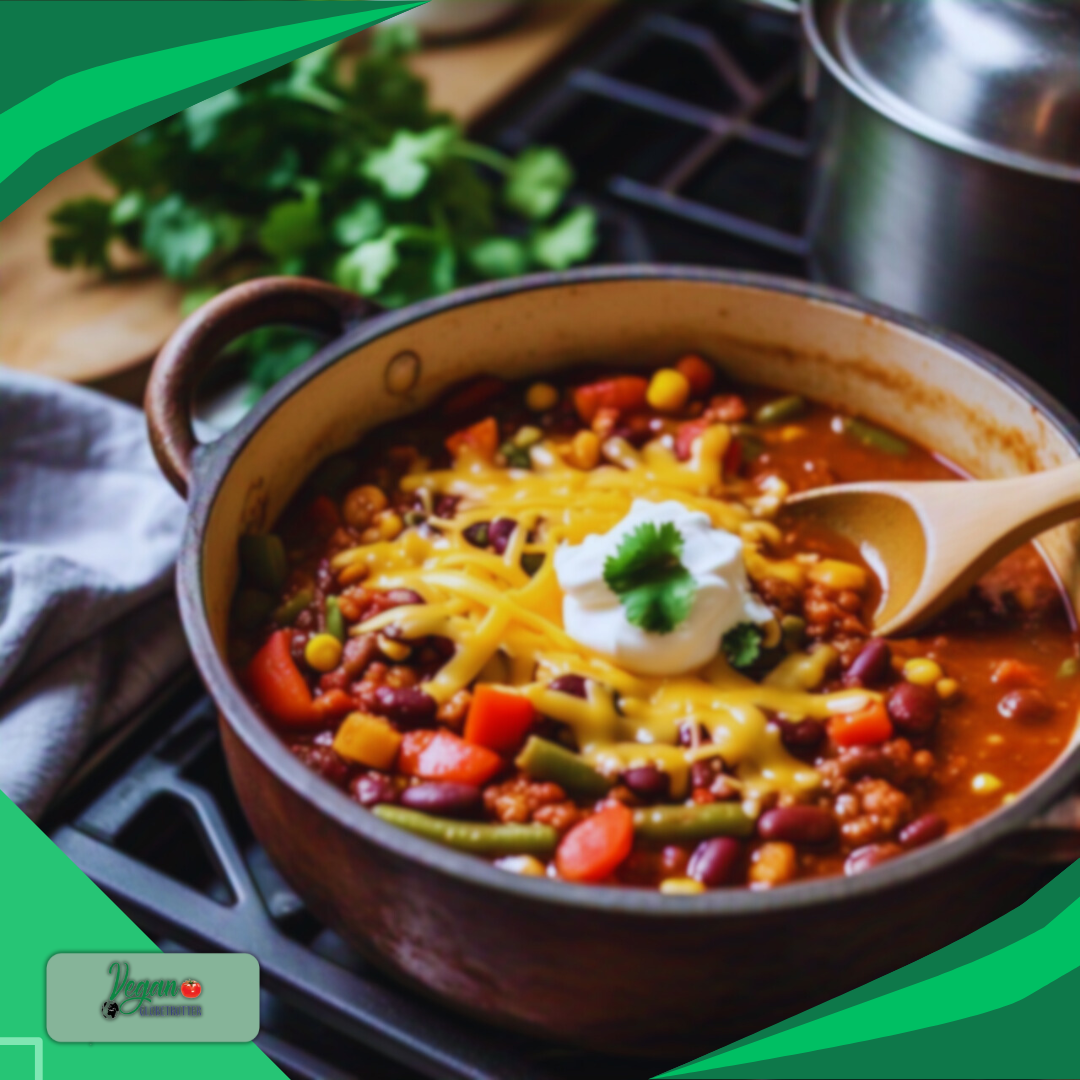
What are the nutritional advantages of including beans in a vegan diet?
Beans are a great protein source for vegans. I love how they’re packed with fiber too. This combo helps me feel full and keeps my digestion happy.
Beans also give me lots of vitamins and minerals. I get iron, folate, and magnesium from them. These nutrients can be tricky to get on a vegan diet.
Can you list the types of beans that offer the highest protein content per 100 grams?
Some beans are protein superstars. I’ve found soybeans to be the top choice. They have about 36 grams of protein per 100 grams.
Lentils, kidney beans, and black beans are also high in protein. I aim to eat a mix of these for the best nutrition.
What are the potential side effects from consuming beans in large quantities?
I’ve learned that eating too many beans can cause gas and bloating. This is due to their high fiber content.
To avoid this, I soak my beans before cooking. I also add them to my diet slowly. This helps my body adjust.
In terms of weight loss, which types of beans are considered the healthiest choice?
For weight loss, I go for beans that are high in fiber and protein but lower in calories. Lentils and black beans fit this bill nicely.
These beans keep me full without too many calories. They’re also rich in nutrients that support overall health.
How do the health benefits of consuming beans and rice together compare to eating them separately?
I’ve found that eating beans and rice together is a nutrition win. They form a complete protein, giving me all the amino acids I need.
This combo also provides a good mix of carbs and protein. It keeps my energy steady and helps me feel full longer.
What are specific benefits that beans can provide for digestive or gut health?
Beans are great for my gut health. The fiber in beans feeds good bacteria in my gut. This helps keep my digestive system running smoothly.
I’ve noticed beans also help me stay regular. This is thanks to their mix of soluble and insoluble fiber.
Dive Deeper into the World of Beans!
Discover recipes, health tips, product reviews, and more inspired by the benefits of beans and a vegan lifestyle:
Let’s celebrate beans and plant-based living together!



Don't miss out
when new recipes and information are added!
Join our newsletter for free recipes,
healthy living inspiration, and special offers
You have Successfully Subscribed!